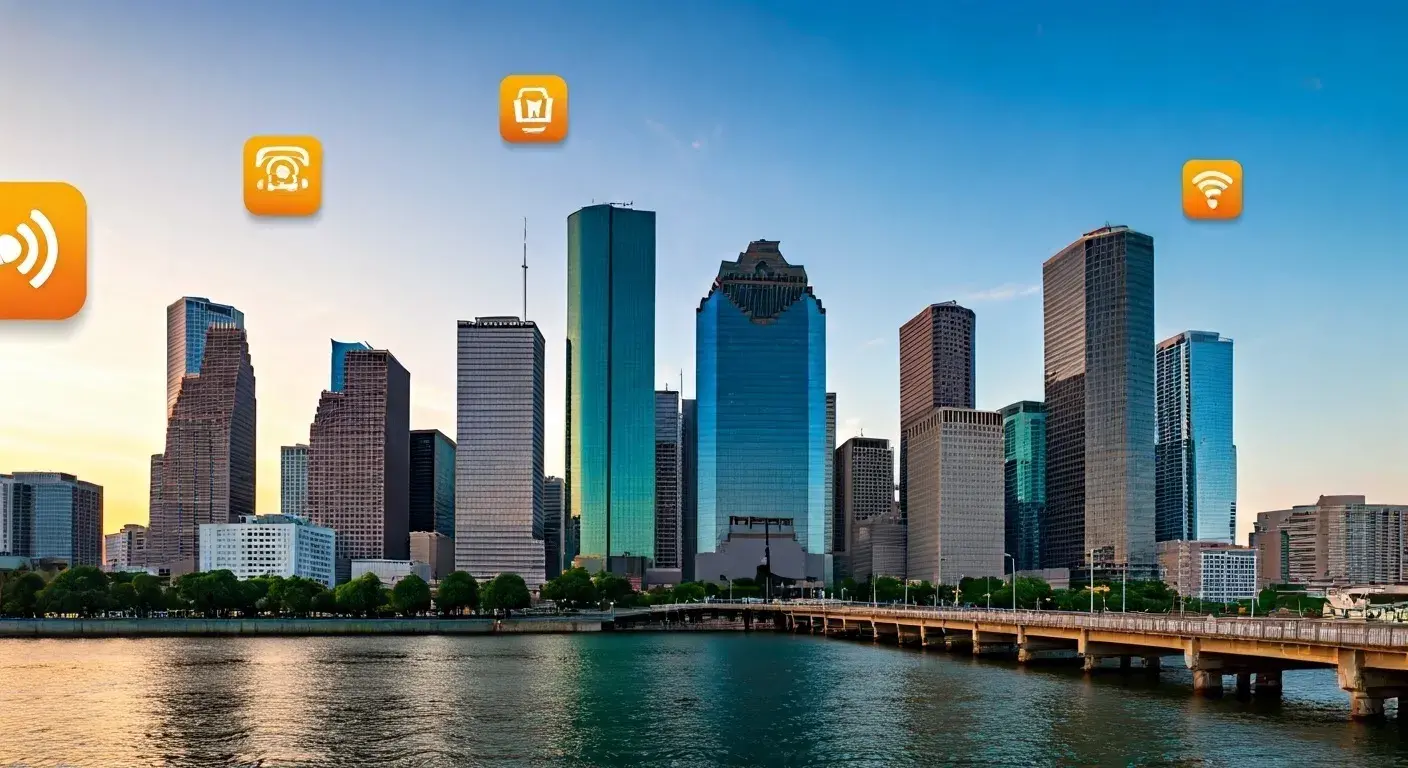
Regarding connection speeds and data storage, you may come across units such as MB, MBps, Gbps, aB and others which can be quite times misconstrued. Perhaps you have heard these terms being used by network providers or even when buying various devices, but you may not have understood what the terms mean. This blog will explain to you these terms, and show how they are related to each other and how you can make accurate decisions concerning your internet speed and storage. So, let's get started.
1. Megabytes (MB)
They are a standard term that refers to the amount of data storage capacity in digital devices. They quantify the amount of information that a particular space can accommodate. Relative to computers, mobile phones or any digit devices, megabytes (MB) are those used to express the storage capability of that device. For instance, the available memory of your phone is 64 GB, which implies your phone stores 64 million bytes of data On average, 1 MB = 1000, 000 bytes or roughly one million characters.
2. Megabits (Mb)
Megabits are, on the other hand, the measures of digital data transfer and are frequent in such contexts as the data transfer rate in a given network, be it the Internet. They show how much data can be transmitted in a certain time. Whenever you are watching videos, downloading a file, or surfing the Internet, your bandwidth is typically measured in Mbps so 1 MB = 8 Mb. So when we observe the downloading speed as 10 Mbps, it makes the sand a million bits per second.
3. Gbps (Gigabits per second)
Gigabits per second (Gbps) is another higher unit utilised in digital data transfer speed. It is often used to refer to the speed of internet connection. The letter “G” in Gbps represents giga which means billion. In other words, if your internet connection speed is 100 Gbps it means that 100 billion bits per second move in any given connection. Business connections and fiber-optic connections are usually measured in Gbps where Gbps stands for great bits per second. There is a need to emphasize that the higher the Gigabits per second_parameters abbreviated as Gbps, the faster your internet connection.
4. Terabytes (TB)
We are also able to use terabytes (TB) which is much larger than megabytes; 1 TB = 1 trillion bytes or 1024GB. Terabytes are used in describing the storage capacity of hard disk drives especially for the external ones and even cloud storage, data centres. For instance, if the external hard drive has a size of 2TB it means that it can hold up to 2 million MB of information. While high storage demands grow and higher and higher devices and cloud storage options are considered, terabytes emerged as a key measurement for describing relevant capacity.
Listicle Tips to Understand Megabytes, Megabits, Gbps, and TB:
1. Keep the conversion factors in mind: According to converting factors 1 MB = 8 Mb, 1 GB = 1,024 MB and 1 TB = 1,024 GB
2. Understand your internet speed: Understand your internet speed in terms of megabit per second or gigabit per second to know if you need an internet speed boost or not.
3. Choose the right storage: Consider when you need a storage capacity before buying a device or signing up for a cloud storage service. Maybe you need 64GB, 512GB or maybe a 2 TB external hard drive?
4. Learn more about your internet connection: Find out whether you have DSL, cable or fibre-optic internet connection and check the effect it has on your internet speed.
In Conclusion
MB, Mb, Mb/s, Gb, Gbps, and TB are some of the most critical terms possible to include in the context of the internet, bandwidth, and storage. When using or buying these devices, or subscribing to different internet plans, you can do so with more knowledge about the terms. The choice is, therefore, between speed and being able to store a lot of data and depending on your needs, you should settle for the most suitable one.






